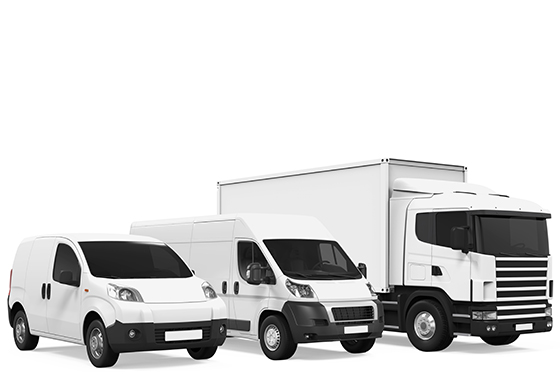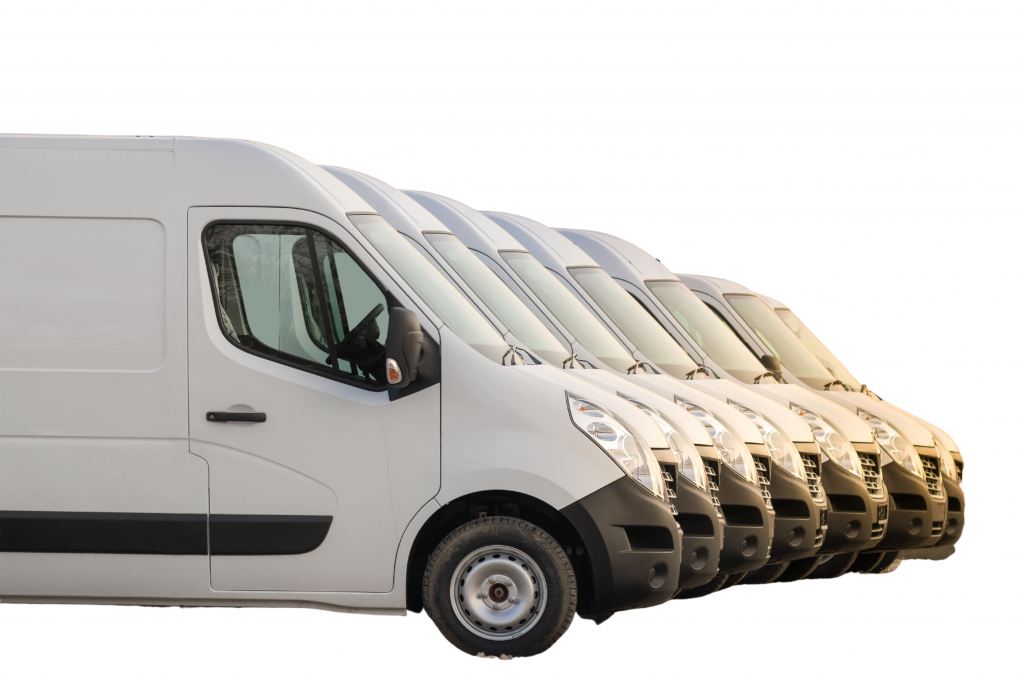Fleet Insurance can be effective for a wide range of business types, spanning most sectors. BCD can access a range Fleet Insurance options available on the market which cater specifically to particular industries, such as Taxi Fleets, Light Goods Fleets and Minibus Fleets.
We can even help you with Hazardous Good Fleets Insurance, where a fleet is used to transport hazardous materials such as toxic waste, chemicals, biological waste or radioactive materials.
Carrying these materials has a high risk, which is why a specialist hazardous goods Fleet Insurance policy is needed that is tailored to provide the specific cover suitable for the nature of your cargo.
Business Fleet Insurance is a more general, flexible Fleet Insurance policy which can cater to a range of businesses, using their vehicles for different purposes.
A minimum of three commercial vehicles is required for our Fleet Insurance. There are no limitations on the number of vehicles we can get covered. No matter what size of business you operate, if you have 3 or more commercial vehicles, we can offer affordable Fleet Insurance for both small and large businesses.
If you are a business that uses company-owned vehicles such as company cars for your employees, or you have a fleet of company vans undertaking deliveries around the country then a Fleet Insurance policy will help you manage all your vehicles.
Fleet Insurance enables you to cover all the vehicles your business operates under one policy.




